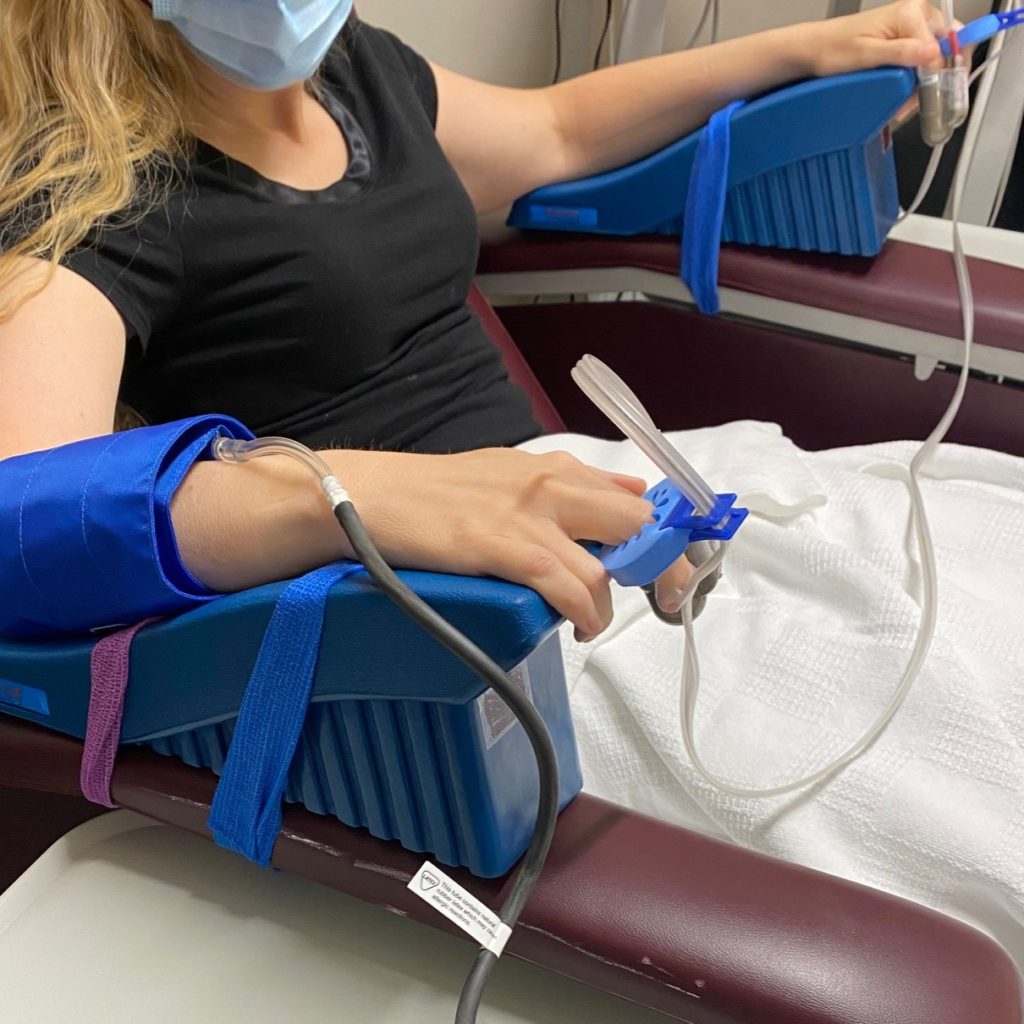How Always Being Angry Can Shorten Your Life
Columbia University scientists find that anger but not anxiety or sadness impair blood vessel relaxation — an indicator of cardiovascular health.
Highlights:
- A bout of anger impairs blood vessel relaxation for 40 minutes in young adults.
- Anxiety and sadness do not impair blood vessel relaxation, suggesting that each of our emotions affect our health and physiology differently.
Researchers from Columbia University have found that anger impairs the relaxation of blood vessels in young adults. These findings may explain how chronic anger could promote a form of cardiovascular disease (CVD) called atherosclerosis, the leading cause of death in the United States.
Anger Impairs Blood Vessel Function for 40 Minutes
Healthy young adults (average age: 26) were asked to recall personal memories that evoke either anger, anxiety, or sadness. Before and after evoking these emotions, researchers assessed the young adults’ blood vessel relaxation using a finger-tip device. It was found that blood vessel relaxation was impaired for 40 minutes in response to the invocation of anger, but not anxiety or sadness.

Many population-wide studies have shown that negative emotions, particularly anger, are associated with the increased risk of CVD-related events like heart attack and stroke. Studies have also shown that anxiety and sadness increase the risk of CVD-related events. The current study bridges the gap, suggesting that negative emotions, specifically anger, can lead to CVD-related events by impairing blood vessel relaxation.
However, the authors suggest that anger would need to be invoked routinely to have any long-term effects. They say that “repeated episodes of a negative emotion may affect cardiovascular physiology over time, causing delayed recovery and eventually irreversible damage leading to increased CVD risk.” In other words, one would need to be angry quite often, perhaps across many years, to trigger damage to the cardiovascular system.
A Health Hierarchy of Emotions?
Interestingly, based on their new findings, the authors say that impairments in blood vessel relaxation may not be the reason for anxiety and sadness increasing the risk of CVD events.
“An implication of these findings is that the contribution of a biological mechanism that increases CVD risk may differ across core negative emotions. Therefore, all negative emotions should not be grouped together as the same when looking through the lens of CVD pathophysiology,” said the authors.
It is also possible that the intensity of our emotions, anger being more intense than anxiety or sadness, determines the level of blood vessel impairment. That is, anxiety and sadness may impair blood vessel relaxation to a lesser degree than anger. Furthermore, studies have shown that positive emotions like joy and laughter improve blood vessel relaxation. It follows that positive emotions could improve heart health while negative emotions could be detrimental. Therefore, our heart health could depend on the frequency, duration, intensity, and specificity of our emotions.

